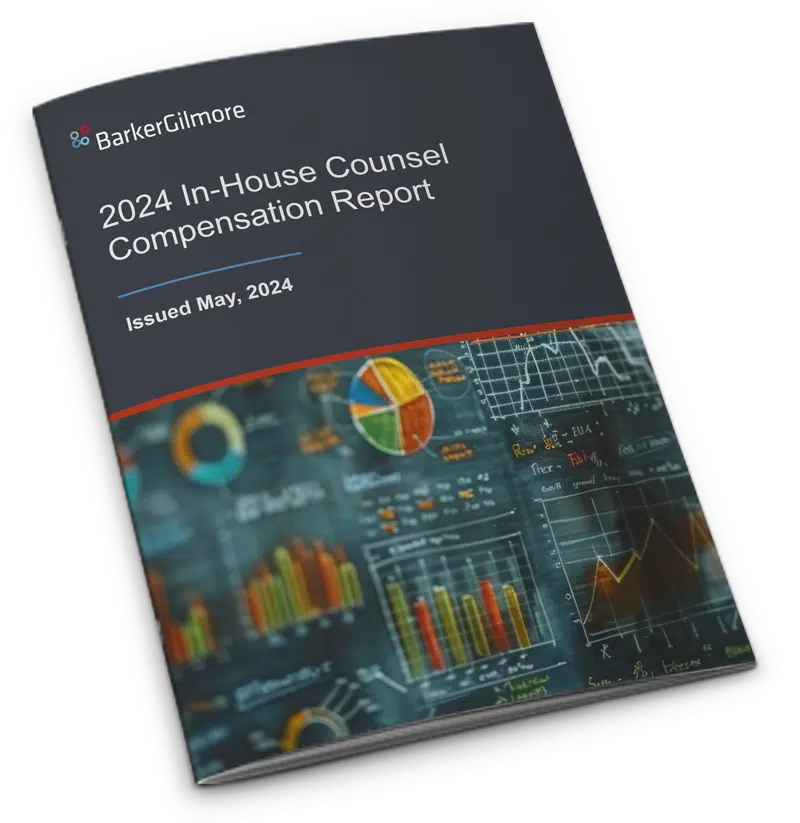No matter its size or scope, every strong compliance program is built on effective management. But how do you make it work on a global scale?
Too many companies still view the compliance and ethics department as a drain on their budget, rather than a benefit to their corporate strategy. A recent survey by Deloitte & Touche and Compliance Week showed almost half of companies with $1 billion to $5 billion in annual revenues are still running on tight compliance budgets of less than $1 million. For a global company, travel costs alone can eat up a sizeable share of that budget, but it’s a necessary part of enforcing compliance, experts said.
When budgets are small and staffing is tight, executives need to be masters of delegation when it comes to managing ethics. Three chief compliance officers shared their insights into what works for them.
Think Local to Manage Global
Steve Donovan, Chief Compliance and Ethics & Compliance Officer for International Paper, says the strongest global compliance programs rely on local enforcement.
His company spans across 35 countries, with regional headquarters in Europe, Latin America, India and China. Every compliance department needs to have someone at the top to manage risks and develop a plan to mitigate them, but local managers are a critical part of executing that plan.
That’s why it’s essential for them to have a thorough understanding of not only the rules, but the overarching mission of your program. They also need the freedom to be able to apply it in a way that makes the most sense at their location. Local managers are more engaged in the culture, so they’re going to have the best understanding of what works for their employees.
Set One Standard, But Tailor It To The Culture
International Paper has an enterprise-wide policy to regulate gift-giving, but what constitutes an acceptable gift is different from one country to the next.
“That’s something where we essentially tell the regional people what’s expected, in terms of compliance, but we give them free range to design a regional or country-by-country procedure for vetting any kind of gift, any kind of entertainment expense that may be spent,” Chief Compliance and Ethics Officer Steve Donovan said.
When a gift comes into question, an employee is much more likely to turn to their local manager than the chief compliance officer, so Donovan has trained them to give guidance about what’s appropriate and what isn’t.
“Doing favors for business associates or people you’re dealing with, that’s a common way of getting business done in places like China and India,” he said. “There’s nothing wrong with that per se. What we have to constantly watch for and train on is teaching people how to draw that line between developing good, close working relationships with third parties, whether it’s a government agency or a supplier or a customer.
“It’s how to walk that line between doing that versus getting into a quid-pro-quo type of arrangement where if we want something better, quicker, cheaper, then we’ve got to pony up some kind of tangible benefit, whether it’s money or gifts for a government official’s daughter’s wedding, or whether it’s sending them off to some nice trip to Las Vegas. It’s not just about saying, ‘OK, here’s the rule. You now have to follow it. We also have to focus on shifting the cultural views of those managers that, for the 30-40 years they’ve lived in those countries, they’ve learned things a little bit differently.”
Make Training Culturally Relevant
At Avon Products, which has 36,000 employees spread across the globe, (not including more than 6 million independent sales representatives), every policy is translated into at least 20 languages. That allows the company to reach every associate in his or her primary language.
Training is also conducted in the local language so it’s most effective.
Although the standards are consistent across the company, they are communicated in a way that resonates with the population,Vice President of Legal and Compliance Richard Davies said.
Scenario-based training includes situations employees would be most likely to encounter, and those vary from one country to the next. In a country where state-run media is prominent, for instance, Avon incorporates that into its examples.
Make Compliance Visible
Adrian Mebane, Vice President of Global Ethics and Compliance at Hershey’s, has traveled to more than 45 countries and met with thousands of employees over the course of his compliance career. He always gives them his business card and makes himself available to them anytime they have concerns. Those face-to-face interactions have proven to be immensely helpful in offering a real-time assessment of what’s happening at the company and reinforcing the “tone from the top.”
“It builds up a level of credibility and trust with the employees,” he said.
Although it’s easy to focus on a robust set of policies when considering the strength of a global compliance program, it’s a people-centered function at its core.
Compliance officers must empower local managers to enforce the standard and allow them to account for cultural differences. They also need to step outside their comfort zone to develop the mutual trust and respect that is the foundation of any successful program.
For more expert advice on managing compliance on a global scale and building a compliance department, download our eBook, “How to Build a World-Class Compliance Department.“
Connect with a legal recruiting advisor
* indicates required fields






